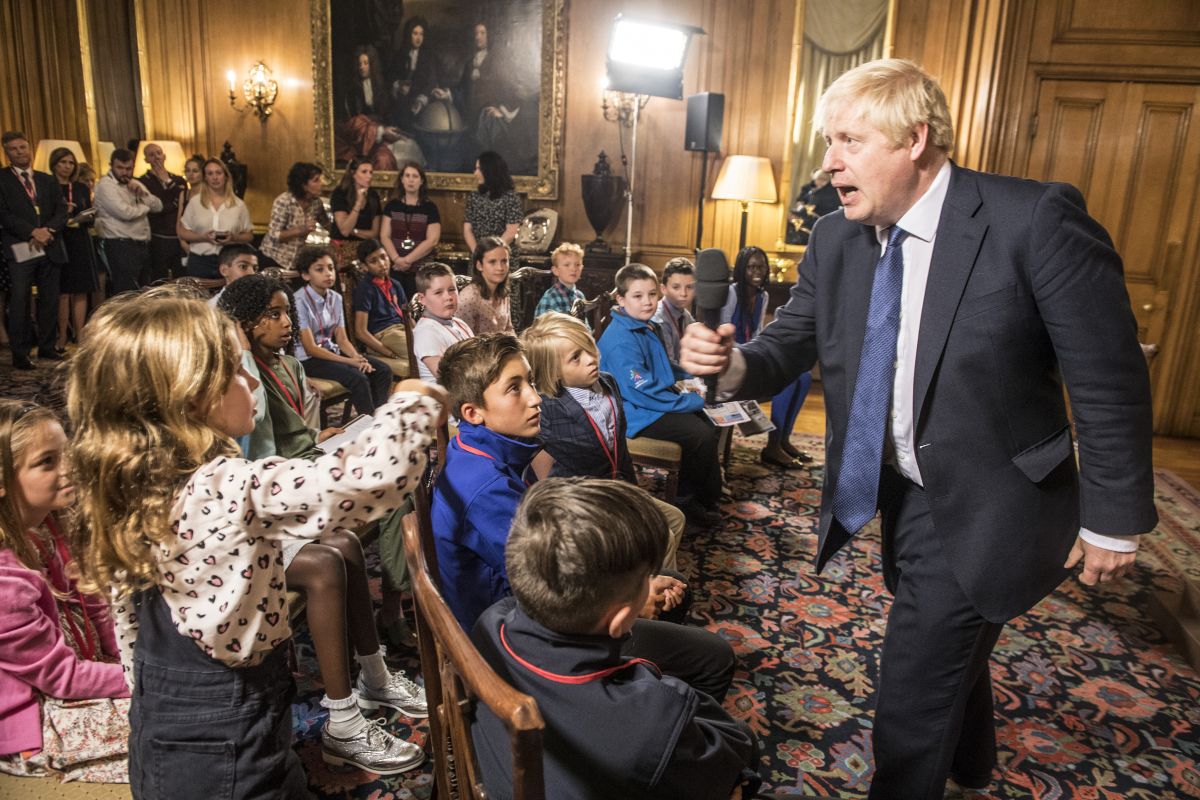Cast in the mould of Donald Trump, Boris Johnson’s move to prorogue Parliament for a month to buttress his Brexit agenda is an affront to democracy in a country that goes by convention, so-called, and not by the Constitution. Historically, the statute book is of secondary importance, and this is the unique feature of the British Constitution. Whether or not Queen Elizabeth II concurs with the new Prime Minister’s plan of action may not be known just yet; the big picture will be clear after the decision of the court.
Suffice it to register that Mr Johnson is anxious to convene a new session of the House of Commons to enact what he calls a “bold and ambitious legislative agenda”. His plan envisages a Queen’s speech in the middle of October, which is roughly a fortnight before the 31st Brexit deadline. Hence the compulsion to conclude the current session, quite obviously to minimise the red herrings across the trail. After two elections and a referendum in a span of two years (2016 and 2018), the Prime Minister is poised to accord short shrift to the people in the fountain-head of democracy.
Mr Johnson cannot be sure of majority support for a withdrawal agreement in the Commons, and he would certainly not have the numbers for leaving the EU without one. Ergo, dispensing with legislative scrutiny altogether now seems compelling. On the face of it, he might be adhering to the letter of the law, but in spirit the move has been binned by his detrators, pre-eminently Labour’s Jeremy Corbyn, as an act of wanton constitutional vandalism against his parliamentary opponents.
And the number of his detractors is legion. John Bercow, the Speaker of the House of Commons, has condemned the move as a “constitutional outrage” and Opposition MPs have decried what they call a “full-frontal assault on British democracy”. Indeed, Mr Johnson’s move has been trashed as a “coup” and a step down the “slippery slope towards dictatorship”. There is little doubt that the United Kingdom is inching towards a grave constitutional crisis consequent to the proposed prorogation of the legislature. Uncharitable as it may sound but nonetheless it is true, Mr Johnson has none but himself to blame.
The strategy is cynical, the praxis premeditated. It has targeted the principle of parliamentary democracy through a subversion of constitutionalism. Not many will be convinced with the argument that the Prime Minister is operating within the technical parameters of the British political system. To fructify Brexit, with or without a deal, he has seemingly accorded precedence to damage and disruption over delay. This is a time when the checks and balances of a parliamentary democracy must operate vigorously.
No. 10 Downing Street is under a cloud, Buckingham Palace is too astonished for words, the Legislature has been denuded, and Brussels might be enjoying a quiet chuckle over the chaos. So too perhaps is Mr Trump. The divorce could scarcely have been messier.











